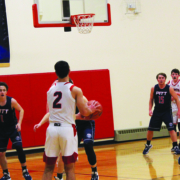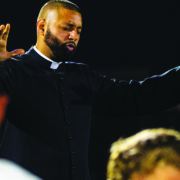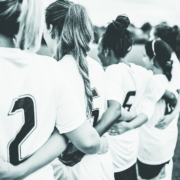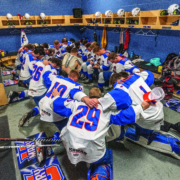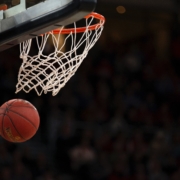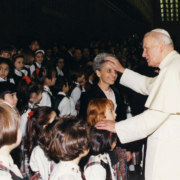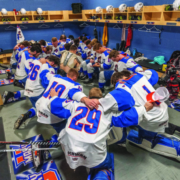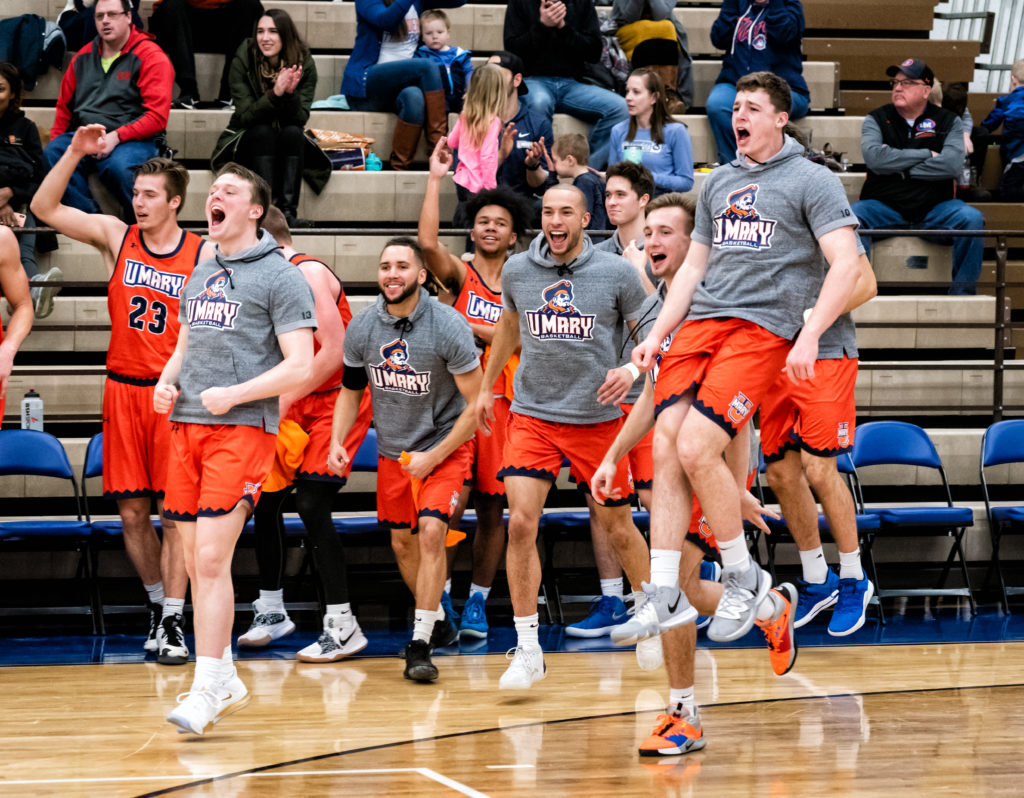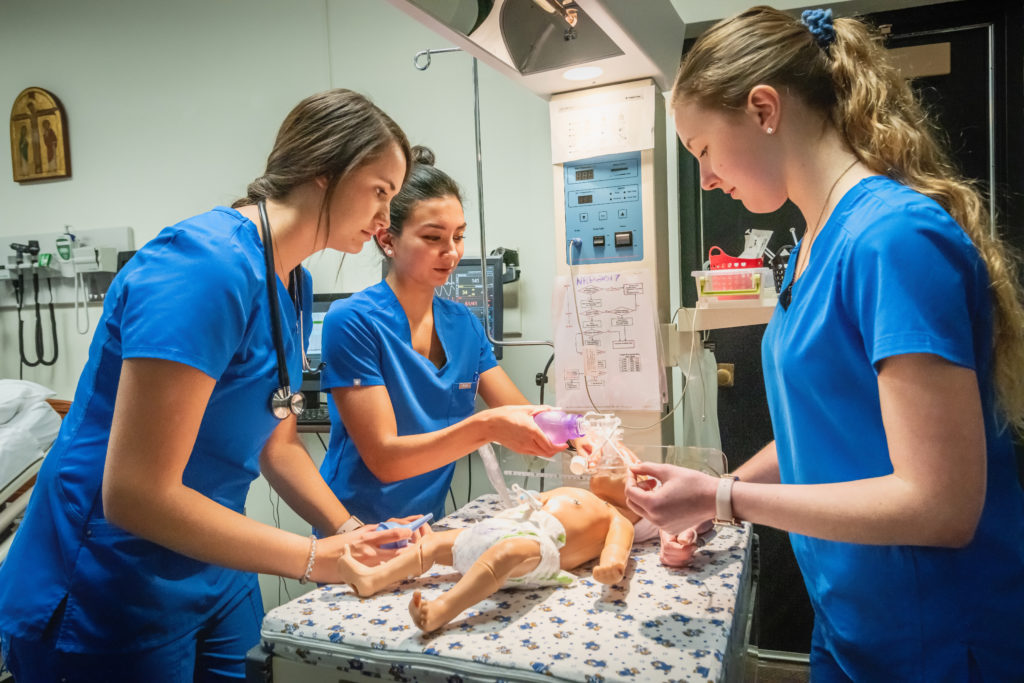10 Ways to Strengthen Athletics in Catholic Education (Bonus: Anticipated Questions One Might Encounter)
- Develop and display an athletics mission statement which affirms that athletics complement and extend your institution’s faith-based mission.
- Prioritize academic and religious programs over athletics in resource and marketing initiatives. The institution’s primary public identity and pride should be situated in its academic and religious identity.
- Hold athletes to the same standards of academic performance, morality and decorum as other students, to avoid two categories of students.
- Create opportunities for all students to participate in sports at various levels (intramural, pick-up and informal) to benefit from their formative value.
- Establish professional development programs and policies for athletics personnel to develop the spiritual, emotional, social and moral dimensions of student-athletes. Teach a spirituality of athletics with presentations by theologians on Christian anthropology, the role of sport in human wellbeing and sports as a tool of evangelization and virtue development.
- Adopt high standards for hiring and evaluating coaches who are role models for Christian virtue and maturity and who avoid humiliation, degradation or disrespect of student-athletes.
- Make public prayer part of each home pre-game program and encourage post-game team prayers. Designate a program or team chaplain to schedule and lead team Masses, retreats and service projects.
- Keep Sundays free to allow for proper celebration of the Lord’s Day. If Sunday is a day of travel, make sure students can attend Mass.
- Maintain the athletics program’s mission and ensure student safety, fair play and justice, by determining participation on sex-specific teams by a student’s biological sex, not gender expression or self-proclaimed gender identity. Consider invoking opt-out provisions when offered by a league or athletic association that permits transgendered athletes or otherwise compromises the integrity of athletics and risks scandal to students.
- Keep in mind that the goal of athletics in a Catholic worldview is about the harmonious and integrated formation of student-athletes in mind, body and soul… and have fun in the process!
This list is drawn from The Cardinal Newman Society’s new “Policy Standards on Formation of the Human Person in Catholic School and College Sports”.
Possible Questions
Question: Could we just let sport be sport, run a competitive program like our peers, and leave the rest to theology class or Sunday school?
Response: Catholic schools and colleges are educational evangelical communities of faith. Sports in our communities are a part of something much bigger than simply competition and athletic glory. Because Catholic education is different, with a more comprehensive integrated approach to student formation, our sports programs are different. They are orientated to integral formation of mind, body and spirit within a Catholic understanding of the human person.
Question: Isn’t it a violation of good taste and religious freedom to offer a specifically Christian or Catholic prayer before a game? Is that proselytizing? Shouldn’t we choose the most generic and universal sentiments to avoid offending others?
Response: In athletic events, the home team is responsible for the pre-game program. When we invite guests into our “home,” it is a Catholic home. We have a chance to show our guests who we are: a community of faith and part of the Catholic Church, and in this instance the Church at play and prayer. While we respect our guests and should never choose a Catholic prayer that might lead to confusion, we also respect them enough to assume they are capable of the virtue of tolerance and respect incumbent upon guests in another person’s home or Church. We should never shy away from the name of Jesus in any prayer or circumstance out of a false sense of inclusivity or a fear of appearing pious. See John 14:13-14: “Whatever you ask in my name, this I will do, that the Father may be glorified in the Son. If you ask Me anything in my name, I will do it.” Also see Matthew 10:33: “But he that shall deny Me before men, I will also deny him before my Father who is in heaven.”
Question: Don’t laws and athletic associations require a school or college to provide students access to the team of their choice according to their declared sexual identity?
Response: Local, state and federal laws in the United States and athletic association policies are changing rapidly on this subject, and there is no national consensus. A Catholic school or college must carefully review applicable laws and affiliations. Regardless, there is no option for a faithfully Catholic institution to deny or cast doubt upon the God-given biological sex of any person, including students and employees. This would violate the mission of Catholic education to teach and witness to truth. Faced with a legal challenge, a Catholic institution’s best defense may be to assert religious freedom by claiming exemption from the law, seeking relief under the Religious Freedom Restoration Act, or appealing to the First Amendment or provisions in a state constitution. A school or college has the strongest claim to religious freedom protections if its policies and actions are directly explained by Catholic teachings, consistently faithful and consistently applied over time and across situations.

